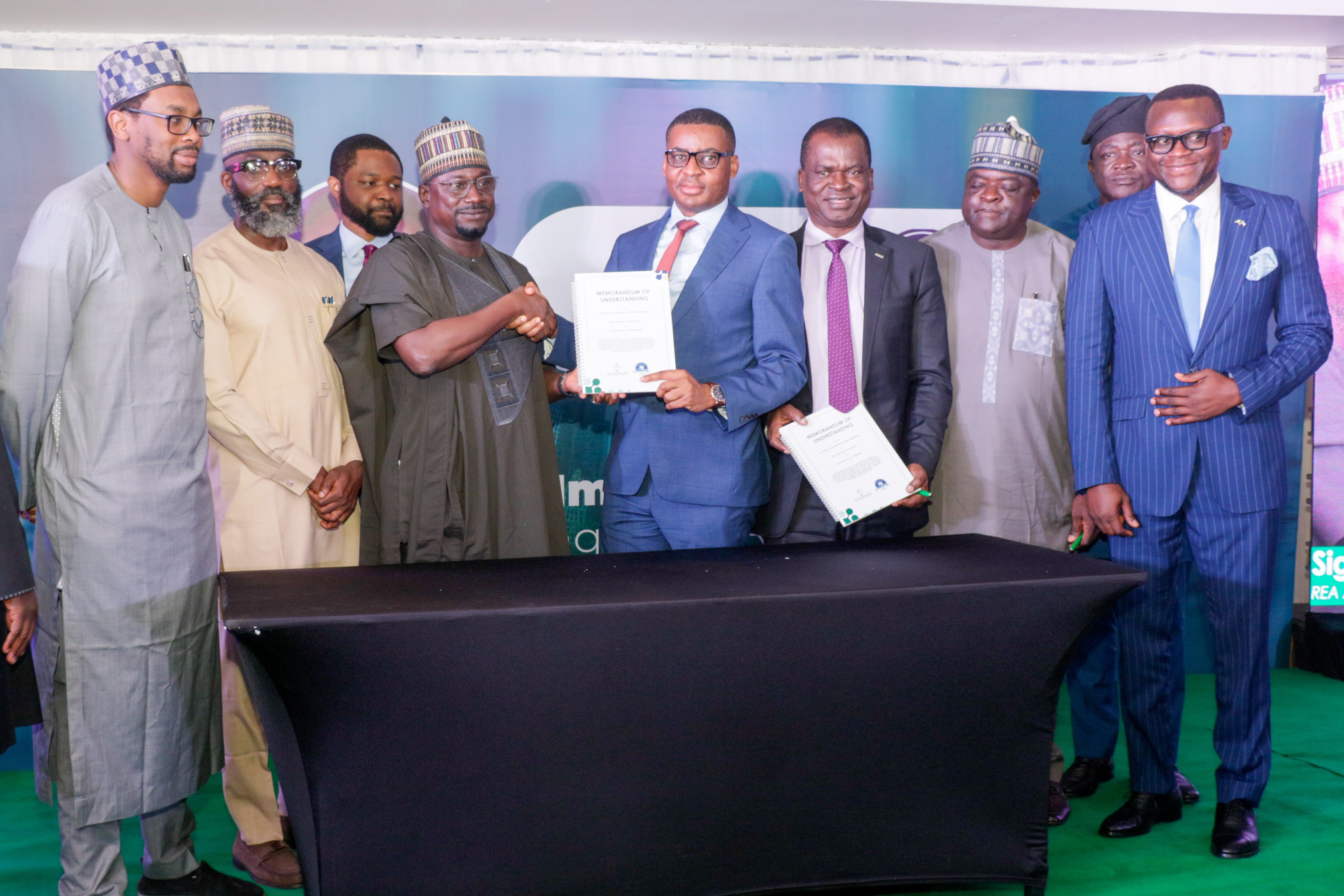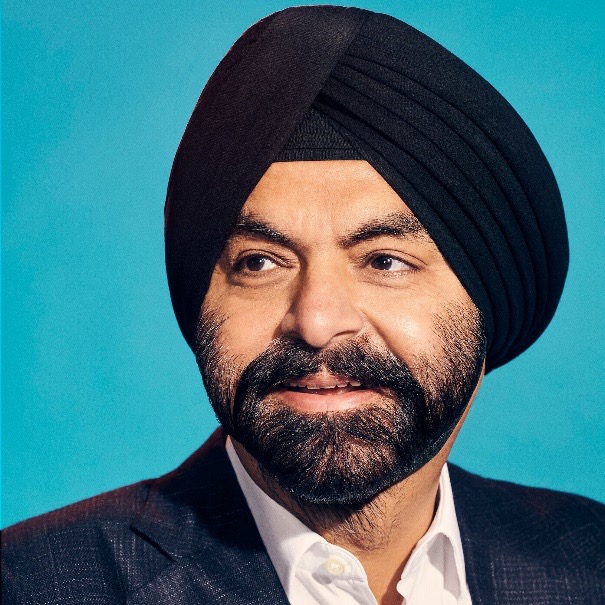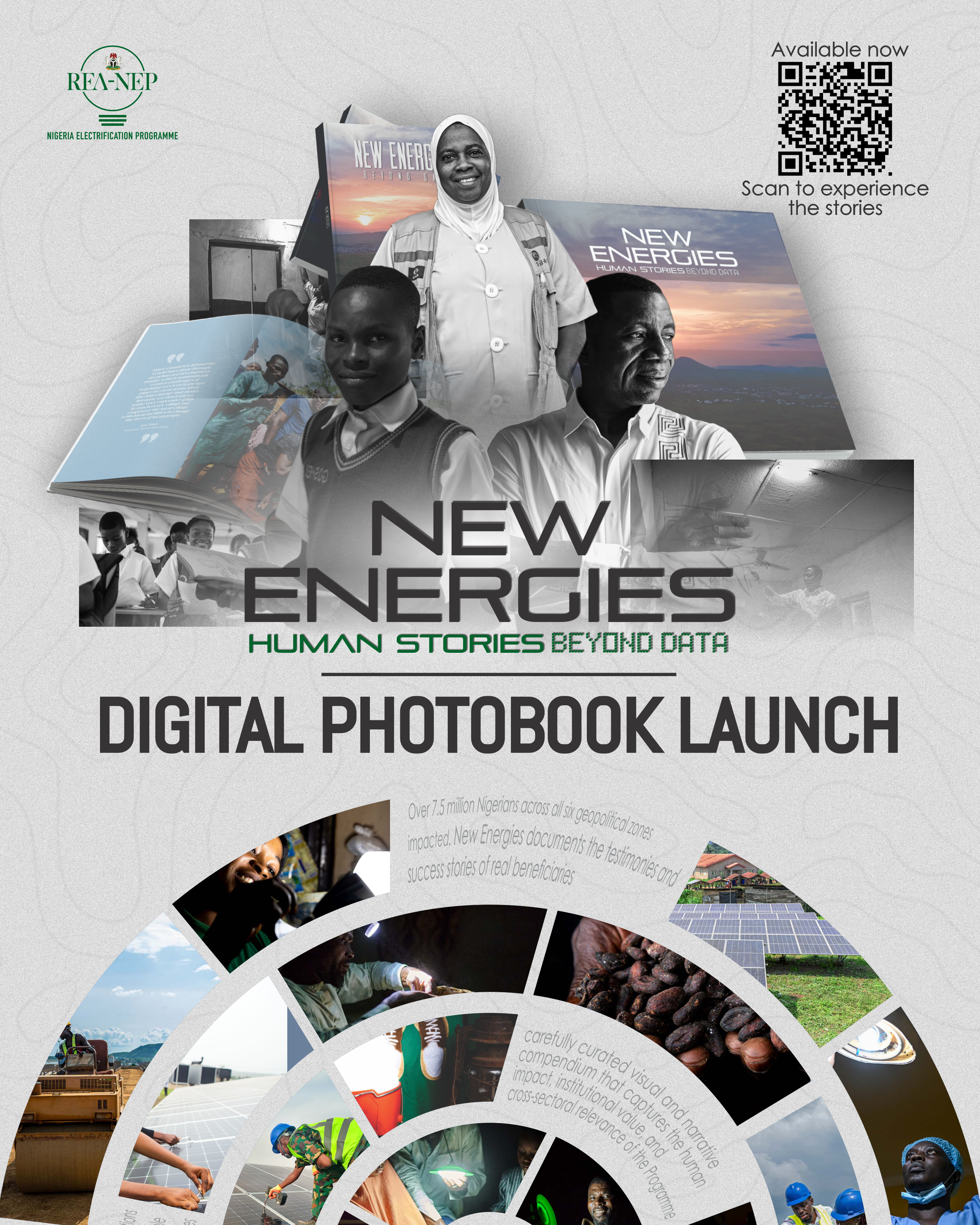
About Us
Powering Nigeria and catalyzing sustainable off grid development
The Nigeria Electrification Programme (NEP) is a Federal Government (FG) initiative that is private sector driven and seeks to bridge the energy access deficit by providing electricity to households, MSMEs, educational and healthcare facilities in unserved and underserved rural communities through the deployment of mini grids, Standalone Solar Home Systems (SHS), rooftop solar, captive power plants and productive use appliances to ensure sustainability of these off-grid solutions.
176
mini grids deployed across Nigeria
7.8m
Nigerians impacted















